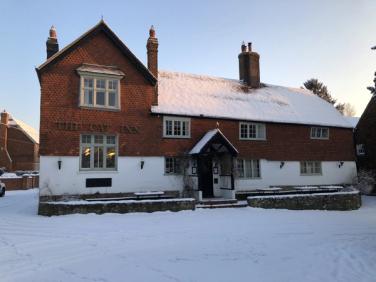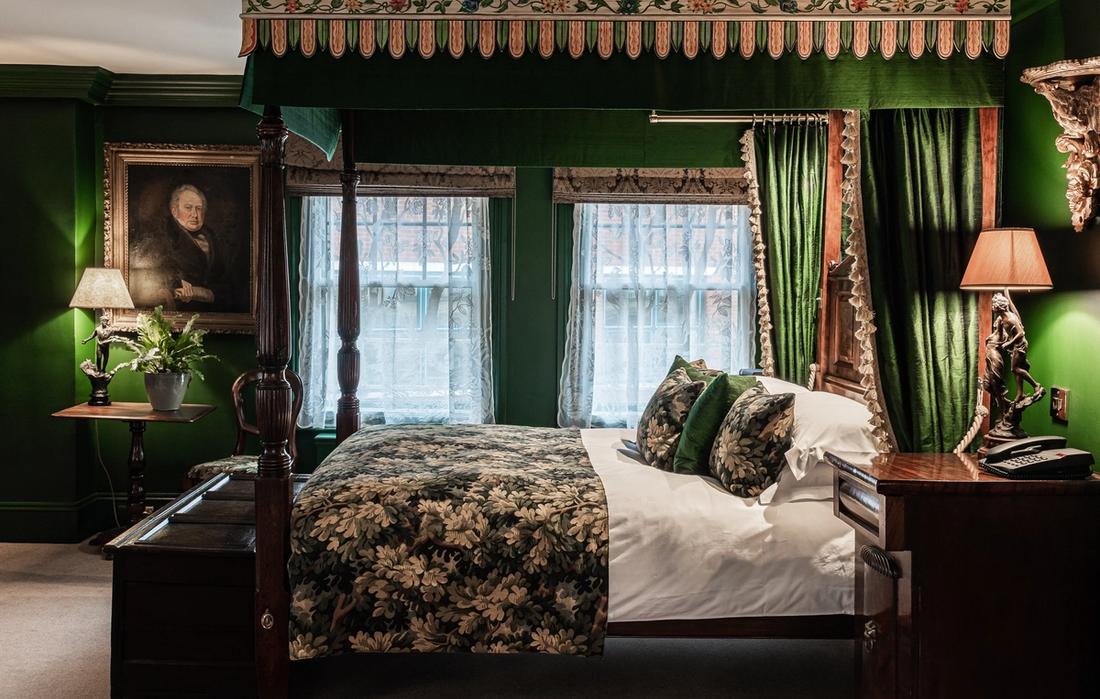The Good Hotel Guide is the leading independent guide to hotels in Great Britain & Ireland, and also covers parts of Continental Europe. The Guide was first published in 1978. It is written for the reader seeking impartial advice on finding a good place to stay. Hotels cannot buy their way into the Guide. The editors and inspectors do not accept free hospitality on their anonymous visits to hotels. All hotels in the Guide receive a free basic listing. A fee is charged for a full web entry.
The Good Hotel Guide
About Us
Independent
Recommended
Trusted
Independent
Recommended
Trusted

Scrabbling to Survive
All blog posts
3 minutes
8 Jul 2020
Scrabbling to Survive
All blog posts
3 minutes
8 Jul 2020
By Adam Raphael

Following three months of Covid hell, the Guide’s hotels, B&Bs and inns have come up with a raft of ingenious ideas to enable them to open their doors. Helium balloons, fogging machines, special isolation breaks and dining under the stars are on offer as hoteliers grapple with the conundrum of how to attract guests to stay while keeping them safe. Predicting winners and losers in a pandemic is a mug’s game. But here goes.
The surest way to survive is to improvise. Andrew Russell, owner of the Cat Inn, a popular, 16th-century pub-with-rooms in West Hoathly, a Sussex village has come up with the idea of tethered helium balloons which guests can hoist above separating screens to summon a pint, a sausage or pub classics such as beer-battered fish and chips and roasted hake fillet. The Angel, Abergavenny, Wales, a model of a town hotel, is promoting its Isolation Offer which gives seven nights for the price of five with room service options for breakfast, lunch and dinner. Rothay Manor, on the edge of Ambleside with spectacular views to Wansfeld Pike, Cumbria, has invested in fogging machines which will sterilise its rooms in minutes. Augill Castle, a Victorian fantasy castle in the Eden valley. has built a brand-new bar and is extending its restaurant, creating more outside dining.
What do guests want? Certainly, not a hospital ward; on the other hand, they want to feel not just safe, but that the hotel has gone the extra mile to ensure their well-being. The yen to get away is certainly there. Some of the Guide’s selected hotels say that they are virtually fully booked for August and September. Edmund Inkin, who owns the Old Coastguard and the Gurnard’s Head in Cornwall, says his biggest concern is how to cope with demand. Not surprisingly, the places that are doing best are seaside and country hotels; city hotels are reporting a slow start. Jeremy Goring, the fourth generation of his family to own and run the Goring Hotel in London, is not planning to open until October, and sounded a distinctly cautious note in a recent radio interview.
Predictions that a third of all UK hospitality jobs, nearly a million, will be lost in the next six months may be wrong, but they frighten me, and they should certainly frighten the government. This is an industry which needs and deserves help so that it can survive the winter. The Guide has been campaigning without success for a VAT reduction on hospitality for decades. So I am glad that the Chancellor, Rishi Sunak, announced this week a temporary VAT reduction to 5% for all hospitality businesses for the next six months. When this measure expires in the New Year, he should make the cut permanent.
Many European countries levy VAT on hotel stays at a third of Britain’s 20% rate. In Portugal, the Netherlands, and Belgium it is 6%, in Germany 7%, and in Italy, Spain and France 10%. Ireland has cut VAT on tourism by one third to 9%, a measure that resulted in an extra 10,000 jobs, and a sharp increase in visitor numbers. Not surprisingly, the World Economic Forum’s tourism index ranks Britain 138th out of 140 countries for competitiveness.
The Treasury’s repeated claim that there is ‘no evidence of a causal link between VAT rates and tourism activity’ is such obvious nonsense that it is amazing that it was ever uttered. A Treasury minister told the Commons a few years ago that a VAT cut would not produce sufficient economic growth to outweigh the revenue shortfall. That, at least, is arguable, but not a scintilla of proof has so far been produced. On the other hand, there is ample evidence that a permanent cut in VAT would have a significant impact on an industry which employs nearly three million people, contributes more than £125 million in GDP, and provides hundreds of thousands of entry-level jobs to young people.


